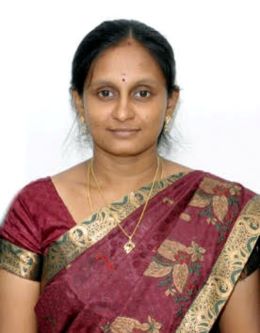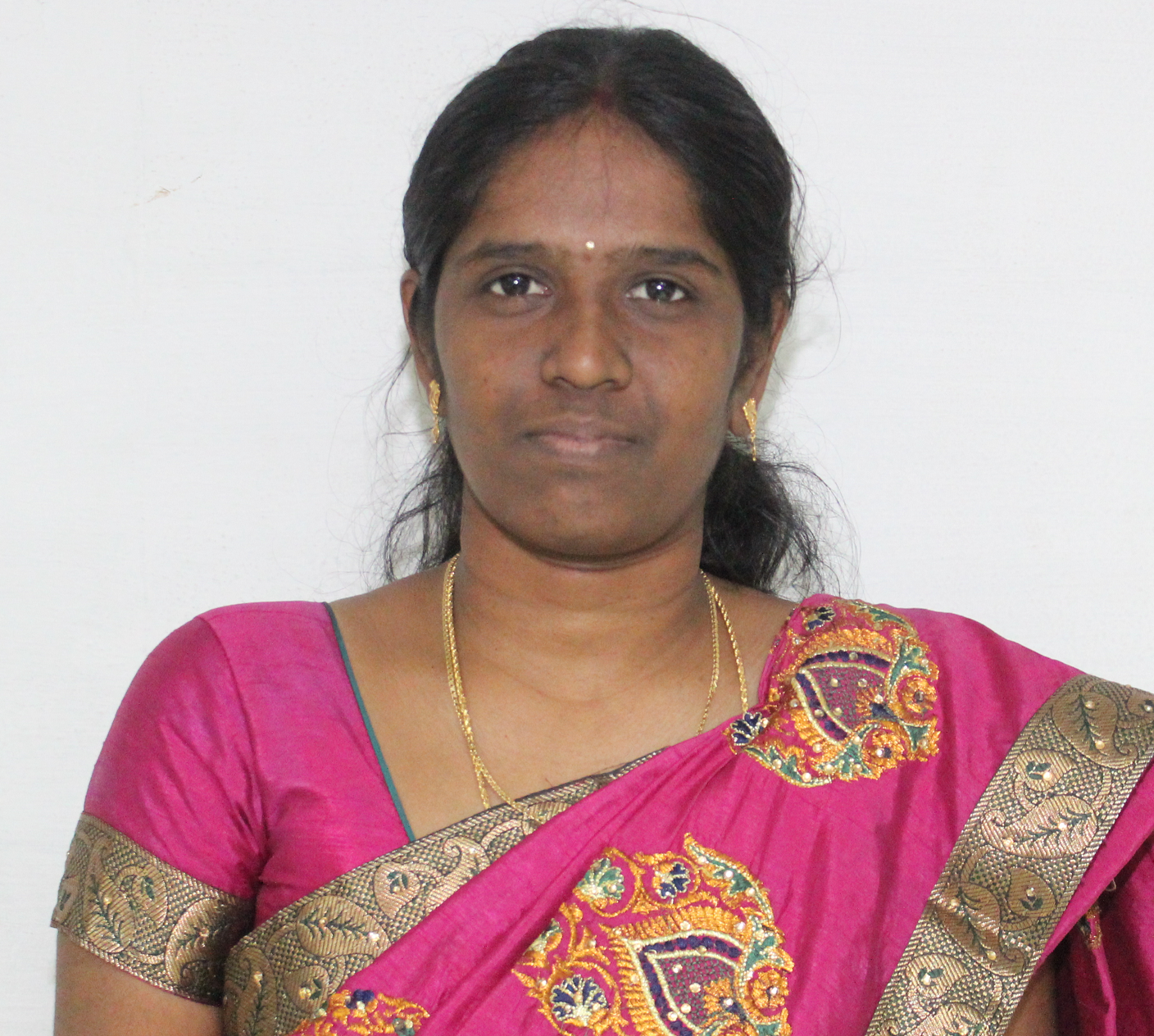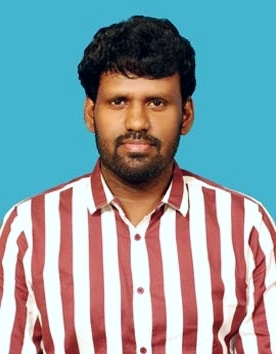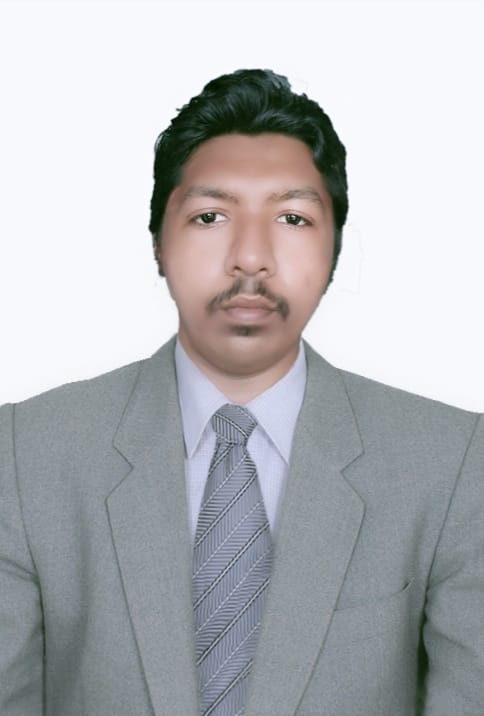The B.Tech Information Technology program at A.V.C. College of Engineering is a distinguished educational initiative, established in the 1999-2000 academic year with an initial intake of 60 students, which has now expanded to 120 from 2024 onwards. With a strong industry-aligned curriculum, the program ensures students are well-prepared to tackle evolving technological challenges. As Albert Einstein once said, "The only source of knowledge is experience," and our department embodies this philosophy through a blend of academic rigor and practical exposure.
The department is home to experienced and highly qualified faculty members who are committed to providing quality education, mentorship, and research guidance. Equipped with two state-of-the-art laboratories, students gain hands-on experience in cutting-edge technologies, reinforcing theoretical concepts through real-world applications. Our emphasis on continuous industry exposure further enhances students’ adaptability and competitiveness.
Since the 2014-2015 academic year, the department has held permanent affiliation with Anna University, Chennai. Our students consistently achieve top ranks in Anna University examinations, reflecting their academic excellence. As Benjamin Franklin wisely stated, "An investment in knowledge pays the best interest," and we take pride in nurturing future innovators and leaders. Demonstrating our commitment to academic excellence, our department was honored with the Overall Shield for Academic Performance in the last academic year.Strengthening our academic and research credentials, the department has successfully secured multiple grants from AICTE (under SDP, MODROBS, and Seminar schemes), Anna University (FDTP – Centre for Faculty Development), ICSSR, TNSCST, and DRDO, supporting research advancements and faculty development.
VISION
To evolve as an esteemed centre of excellence in Information Technology domain and shape the students technically competent and value based professional, in turn contribute to the betterment of the society.
MISSION
● M1: Fostering Academic Excellence in IT Impart world-class knowledge in IT by integrating problem-solving, critical thinking, and innovation, empowering rural students as global professionals.
● M2: Strengthening Infrastructure for Digital Learning Utilize advanced digital platforms, computing labs, and innovation hubs for learning, research, and industry exposure.
● M3: Promoting Ethical Practices in IT Education and Research Inculcate values, integrity, and social responsibility in IT education and innovation.
● M4: Encouraging Collaborative Learning and Industry Partnership Foster teamwork, interdisciplinary collaboration, and partnerships with industry and academia in IT.
● M5: Driving Societal Transformation through IT Leadership Nurture IT leaders who leverage AI, Big Data, and Cloud Computing to provide sustainable solutions to societal challenges.

Greetings from the Department of Information Technology.
The B.Tech Information Technology programme, initiated in the academic year 1999–2000, is a flagship and exclusive course of our institution. Designed to stay abreast with technological advancements, the programme is known for its strong synchronization between academic curriculum and industry requirements, preparing students to meet the dynamic challenges of the IT sector.
Our department is supported by a team of qualified, experienced, and committed faculty members, who not only guide students academically but also provide individual mentoring with parental care and professional insight. With a curriculum that emphasizes both foundational knowledge and specialized skills, we strive to equip students in cutting-edge domains such as:
These areas are integrated through core subjects, electives, industry-relevant projects, internships, and technical workshops, enabling our students to be technologically competent and industry-ready.
Key Highlights of the Department:
At the Department of Information Technology, we foster a culture of continuous learning, ethical responsibility, and technological excellence. We take pride in shaping graduates who are not only technically proficient but also capable of adapting and leading in a global IT landscape.
PROFESSOR & HOD
| Name | Qualification | Designation |
|---|---|---|

|
M.E., Ph.D. | Professor & HOD |

|
M.E., Ph.D. | Associate Professor |

|
M.C.A., M.Phil, M.Tech.,Ph.D. | Assistant Professor |

|
M.E., (Ph.D) | Assistant Professor |

|
M.E., (Ph.D) | Assistant Professor |

|
M.Tech(CSE) | Assistant Professor |

|
M.E. | Assistant Professor |

|
M.E. | Assistant Professor |

|
M.E. | Assistant Professor |

|
M.E. | Assistant Professor |

|
M.E. | Assistant Professor |

|
M.E. | Assistant Professor |

|
M.E. | Assistant Professor |

|
M.E. | Assistant Professor |
| Name | Qualification | Designation |
|---|---|---|

|
B.E. | Technical Assistant |

|
DCT. | Technical Assistant |

|
- | Lab Assistant |

|
B.E. | Lab Assistant |
CO CURRICULAR ACTIVITY:
Programme Educational Objectives (PEOs)
Graduates will be able to
PEO 1: Demonstrate technical competence with analytical and critical thinking to understand andmeet the diversified requirements of industry, academia and research.
PEO 2: Exhibit technical leadership, team skills and entrepreneurship skills to provide businesssolutions to real world problems.
PEO 3: Work in multi-disciplinary industries with social and environmental responsibility, work ethics and adaptability to address complex engineering and social problems
PEO 4: To Pursue lifelong learning, use cutting edge technologies and involve in applied research to design optimal solutions.
Programme Outcomes(POs)
1. Engineering knowledge: Apply the knowledge of mathematics, science, engineering fundamentals and an engineering specialization to the solution of complex engineering problems.
2. Problem analysis: Identify, formulate, review research literature, and analyze complex engineering problems reaching substantiated conclusions using first principles of mathematics, natural sciences, and engineering sciences.
3. Design / development of solutions: Design solutions for complex engineering problems and design system components or processes that meet the specified needs with appropriate consideration for the public health and safety, and the cultural, societal, and environmental considerations.
4. Conduct investigations of complex problems: Use research-based knowledge and research methods including design of experiments, analysis and interpretation of data, and synthesis of the information to provide valid conclusions.
5. Modern tool usage: Create, select, and apply appropriate techniques, resources, and modern engineering and IT tools including prediction and modeling to complex engineering activities with an understanding of the limitations.
6. The engineer and society: Apply reasoning informed by the contextual knowledge to assess societal, health, safety, legal and cultural issues and the consequent responsibilities relevant to the professional engineering practice.
7. Environment and sustainability: Understand the impact of the professional engineering solutions in societal and environmental contexts, and demonstrate the knowledge of, and need for sustainable development.
8. Ethics: Apply ethical principles and commit to professional ethics and responsibilities and norms of the engineering practice.
9. Individual and team work: Function effectively as an individual, and as a member or leader in diverse teams, and in multidisciplinary settings.
10. Communication: Communicate effectively on complex engineering activities with the engineering community and with society at large, such as, being able to comprehend and write effective reports and design documentation, make effective presentations, and give and receive clear instructions.
11. Project management and finance: Demonstrate knowledge and understanding of the engineering and management principles and apply these to one‘s own work, as a member and leader in a team, to manage projects and in multidisciplinary environments.
12. Life-long learning: Recognize the need for, and have the preparation and ability to engage in independent and life-long learning in the broadest context of technological change.
PROGRAM SPECIFIC OBJECTIVES (PSOs)
To ensure graduates
PSO1: Have proficiency in programming skills to design, develop and apply appropriate techniques, to solve complex engineering problems.
PEO2: Have knowledge to build, automate and manage business solutions using cutting edge technologies.
PEO3: Have excitement towards research in applied computer technologies.